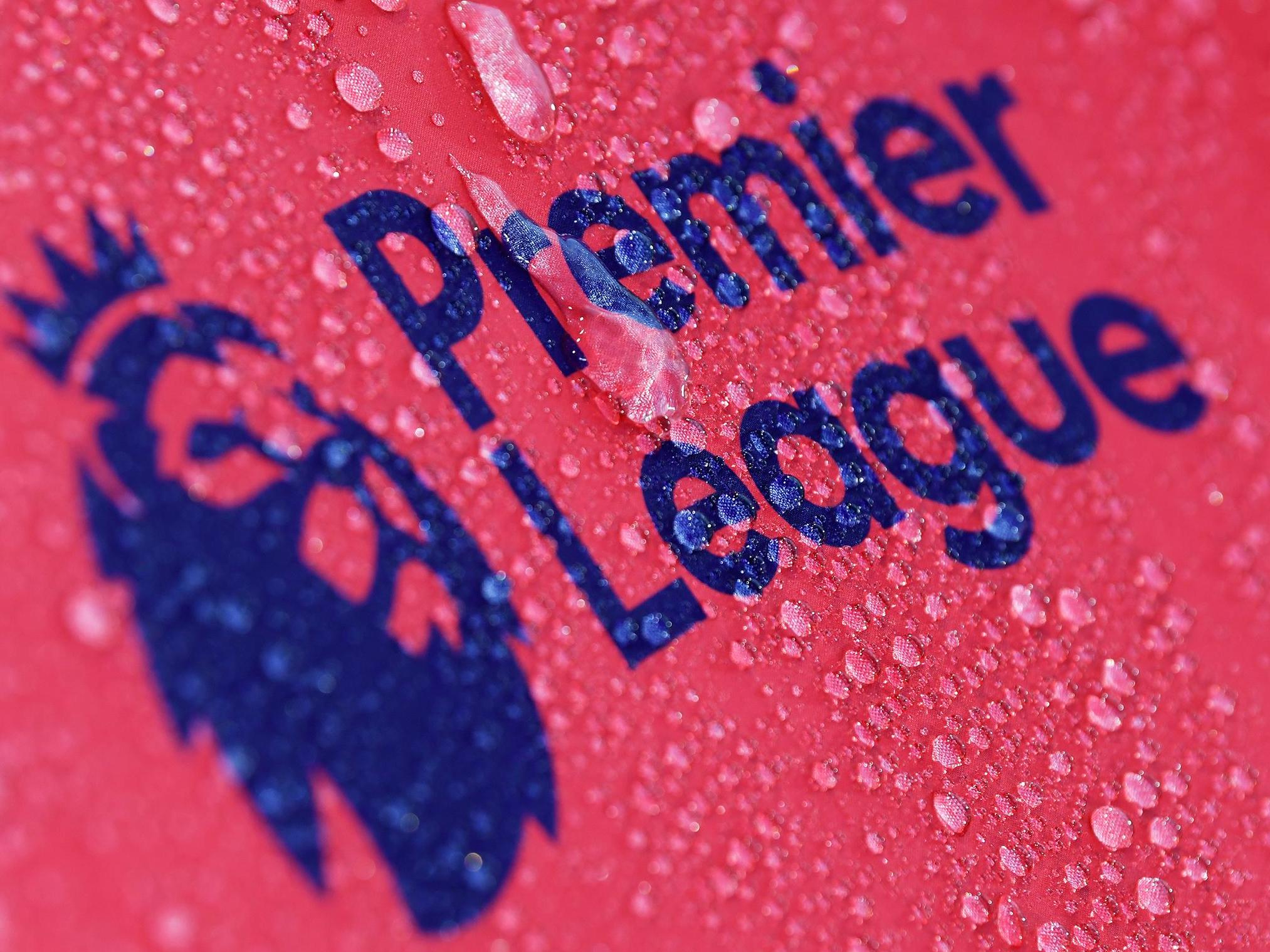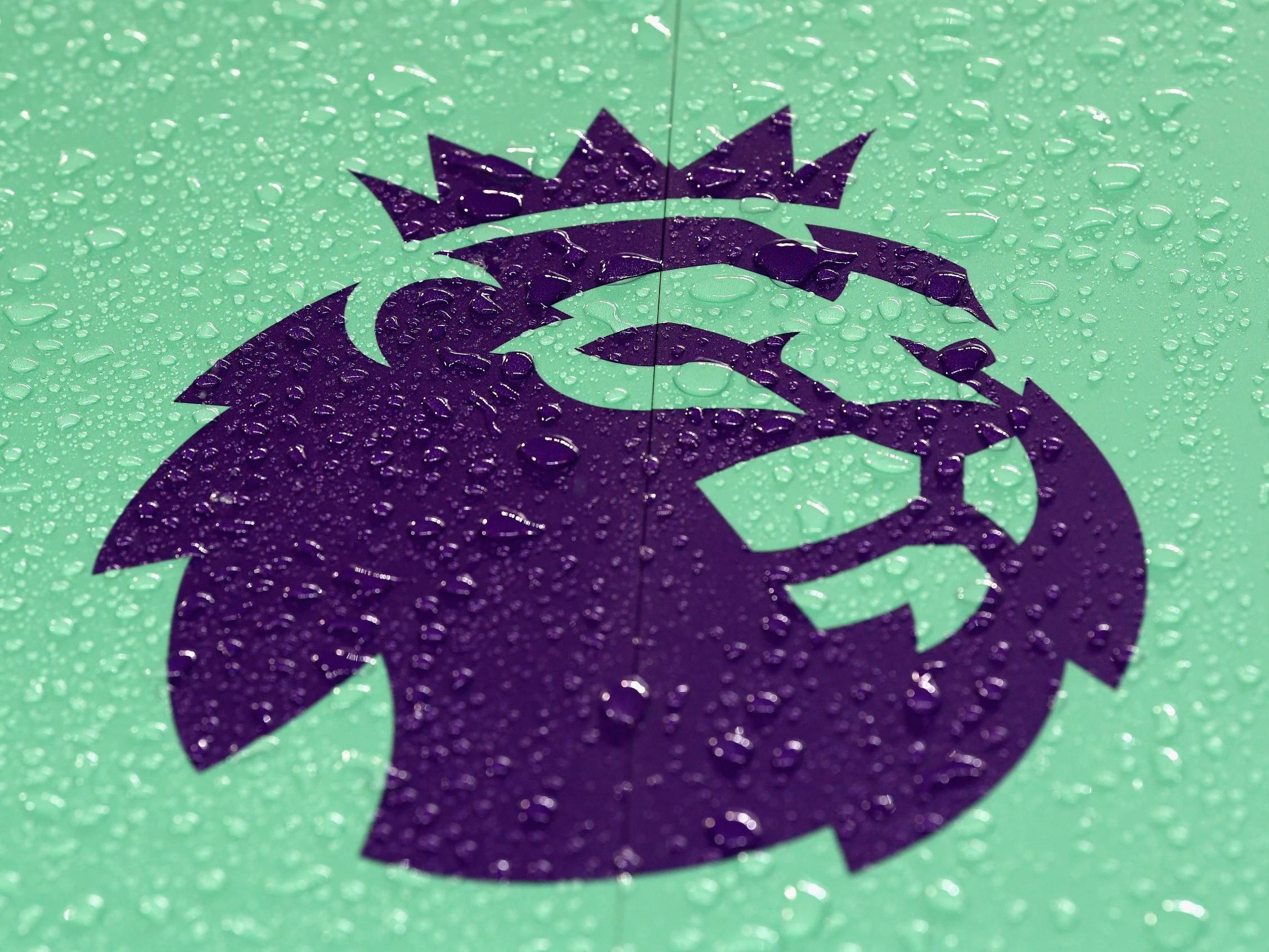Premier League, clubs and players paid £3.3bn tax in 2016/17 and contribute 100,000 UK jobs
Ernst & Young also reported that English football’s top flight supports close to 100,000 jobs and contributes £7.6bn to the United Kingdom’s economy

Your support helps us to tell the story
From reproductive rights to climate change to Big Tech, The Independent is on the ground when the story is developing. Whether it's investigating the financials of Elon Musk's pro-Trump PAC or producing our latest documentary, 'The A Word', which shines a light on the American women fighting for reproductive rights, we know how important it is to parse out the facts from the messaging.
At such a critical moment in US history, we need reporters on the ground. Your donation allows us to keep sending journalists to speak to both sides of the story.
The Independent is trusted by Americans across the entire political spectrum. And unlike many other quality news outlets, we choose not to lock Americans out of our reporting and analysis with paywalls. We believe quality journalism should be available to everyone, paid for by those who can afford it.
Your support makes all the difference.The Premier League, its clubs and players paid £3.3bn in tax during the 2016/17 season, a 50 per cent increase on the last calculation in 2013/14, according to a report by EY.
The tax specialists also reported that English football’s top flight supports close to 100,000 jobs and contributes £7.6bn to the United Kingdom’s economy.
The report, however, comes only a day after HM Revenue and Customs confirmed it is pursuing 173 players, 40 clubs and 38 agents, across British football, over more than £350m in what it claims is unpaid tax.
It also follows the deal Cristiano Ronaldo struck with the Spanish authorities this week that saw him accept a £16.6m fine and 23-month prison sentence, which he will serve on probation, for tax evasion.
EY’s report for the Premier League, though, paints a very different picture, as it highlights the £1.1bn paid by players in income tax and £1.2bn collected by clubs and their “associated supply chains” in VAT.
EY’s chief economist Mark Gregory said: “The Premier League is a globally recognised brand, built upon high-quality football. The league’s global success feeds into its capacity to generate economic and social returns within the UK.
“The strength of the Premier League broadcast offering, which is based on a committed global fanbase, is key to its success. The Premier League has also become an active member of the global community, presenting many commercial opportunities for the UK.
“Our latest report clearly shows that a successful Premier League is good not just for football but for the country as a whole.”
With the government currently wrestling with Brexit, that reference to the Premier League’s global popularity is significant.
The Premier League and most club owners were remainers at the time of the 2016 referendum because of concerns about work-permit restrictions being imposed on European Union players – something they believe would hinder their ability to compete – and they now want the post-Brexit arrangements to be as loose as possible.

As Premier League executive director Bill Bush put it: “It is a simple model: many of the best players in the world, playing for some of football’s finest clubs, in a compelling competition, in front of passionate fans, broadcast here and around the world.
“Great football gives us the economic success to invest in our own competition and provide unparalleled support to the English Football League, youth development, the non-league system and community football.
“The national economy benefits from over £1bn in overseas earnings and over £3bn in tax because our clubs strive so hard to get the football right.”
The Football Association, on the other hand, thinks Brexit could help the development of young British players by forcing clubs to stop buying ready-made solutions from abroad and give more opportunities to homegrown talent.
This report, therefore, is clearly ammunition in the Premier League’s three-way negotiations with the governing body and the government.
PA
Join our commenting forum
Join thought-provoking conversations, follow other Independent readers and see their replies
Comments